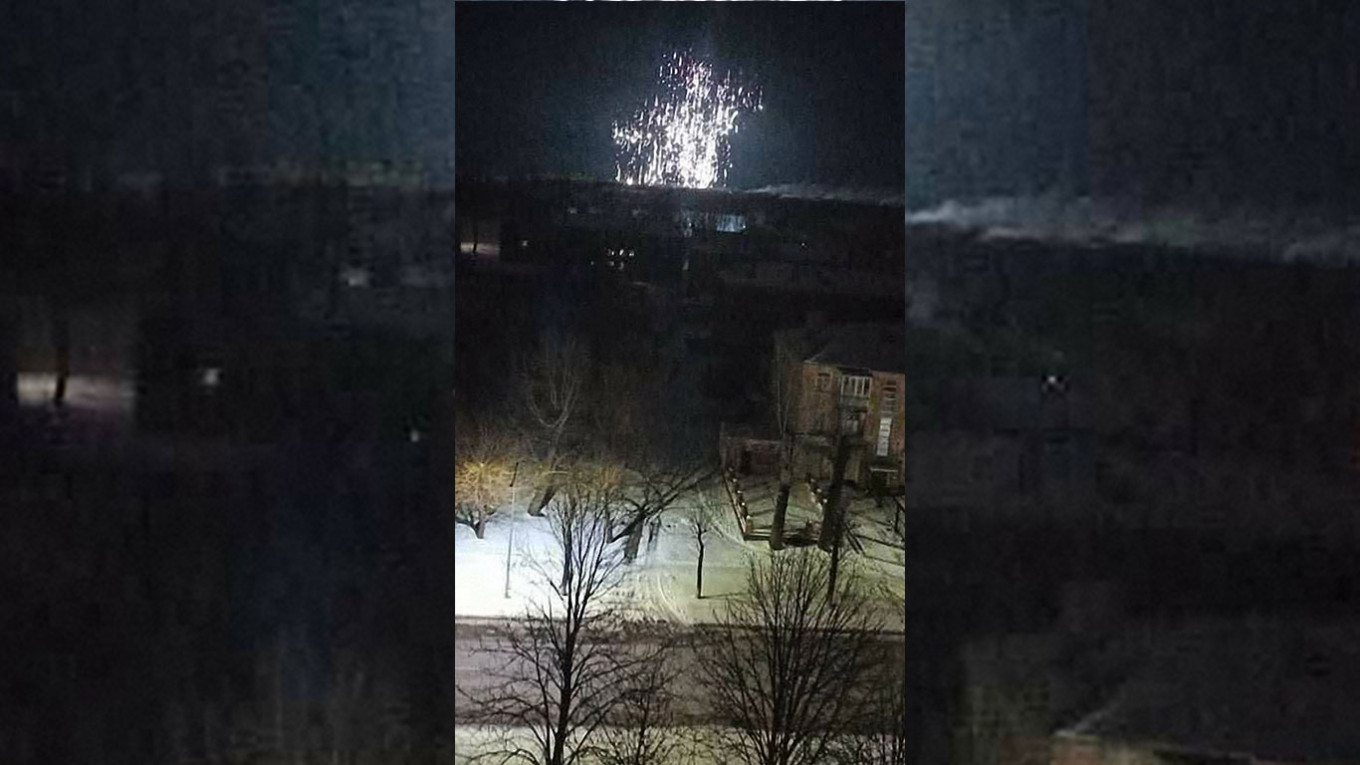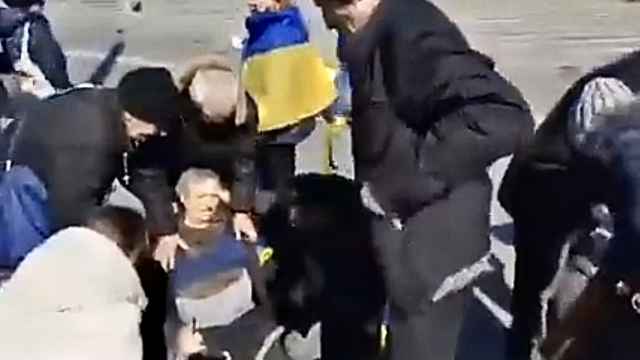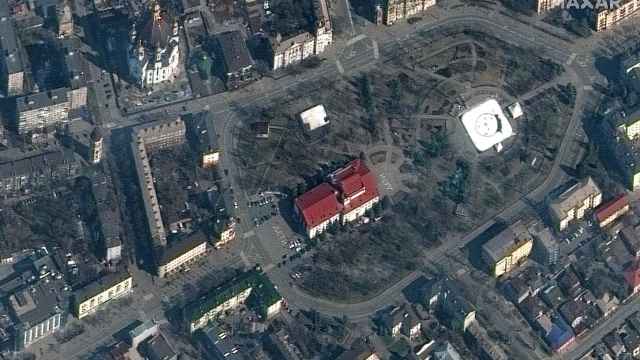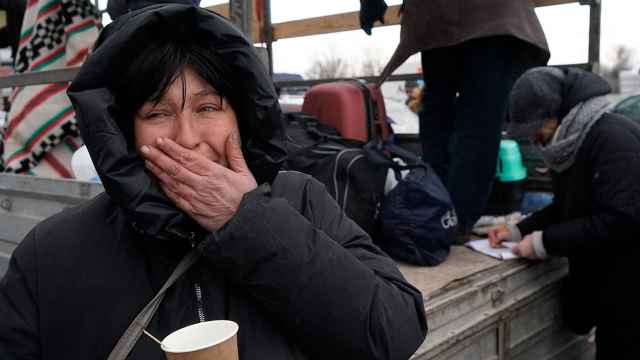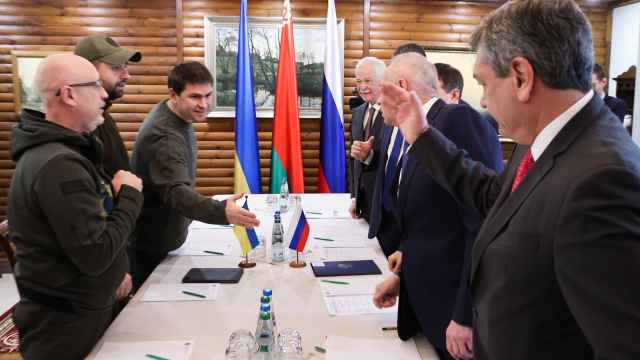Ukrainian officials accused Russia at the weekend of using phosphorus chemical bombs in the eastern Donbas region, while a separate air strike on a monastery sheltering civilians wounded 30.
International law prohibits the use of white phosphorus shells in heavily populated civilian areas but allows them in open spaces to be used as cover for troops.
Oleksi Biloshytsky, head of police in Popasna, around 100 kilometers (60 miles) west of Luhansk city, said late on Saturday that Russian forces had used the chemical weapon in his area.
"It's what the Nazis called a 'flaming onion' and that's what the Russcists [amalgamation of 'Russians' and 'fascists'] are dropping on our towns. Indescribable suffering and fires," he wrote on Facebook.
It was not immediately possible to verify the comments.
Further south, bombs struck the Sviatoguirsk monastery, where nearly 1,000 civilians were sheltering at the weekend, wounding 30 people, the Ukrainian public prosecutor said at the weekend.
And on Saturday night, a train evacuating people from the Donbas to the western city of Lviv was shelled, according to Donetsk military commander Pavlo Kirilenko.
One person was killed and another wounded, he said.
The Luhansk and Donetsk regions of eastern Ukraine, collectively known as the Donbas, were partially controlled by Moscow-backed separatists even before the full-scale Russian invasion of Ukraine on Feb. 24.
The areas attacked at the weekend lie outside the so-called separatist "republics" of Luhansk and Donetsk declared by the pro-Russian rebels before the start of the war.
A Message from The Moscow Times:
Dear readers,
We are facing unprecedented challenges. Russia's Prosecutor General's Office has designated The Moscow Times as an "undesirable" organization, criminalizing our work and putting our staff at risk of prosecution. This follows our earlier unjust labeling as a "foreign agent."
These actions are direct attempts to silence independent journalism in Russia. The authorities claim our work "discredits the decisions of the Russian leadership." We see things differently: we strive to provide accurate, unbiased reporting on Russia.
We, the journalists of The Moscow Times, refuse to be silenced. But to continue our work, we need your help.
Your support, no matter how small, makes a world of difference. If you can, please support us monthly starting from just $2. It's quick to set up, and every contribution makes a significant impact.
By supporting The Moscow Times, you're defending open, independent journalism in the face of repression. Thank you for standing with us.
Remind me later.


